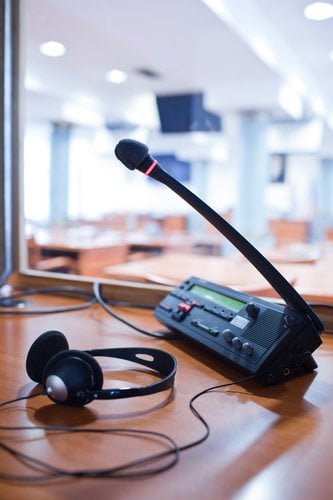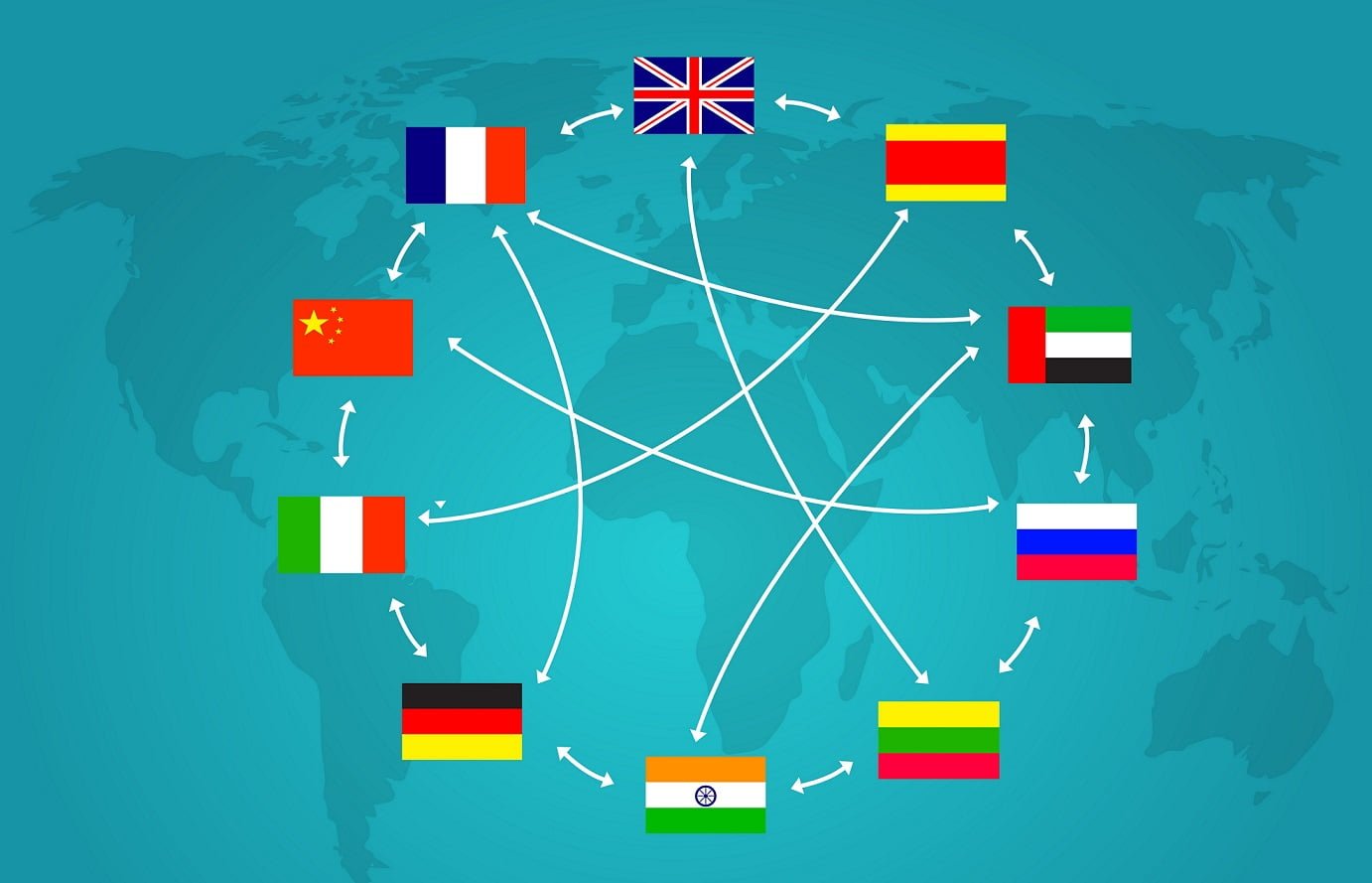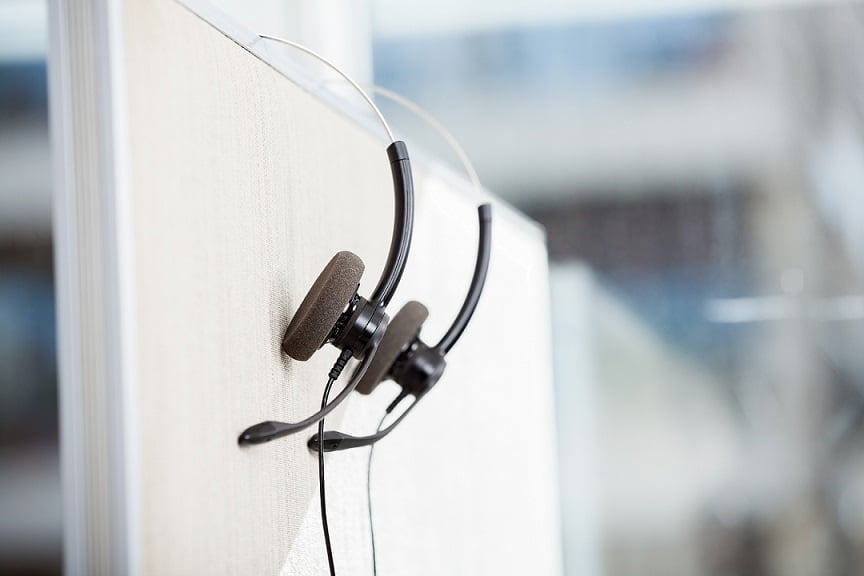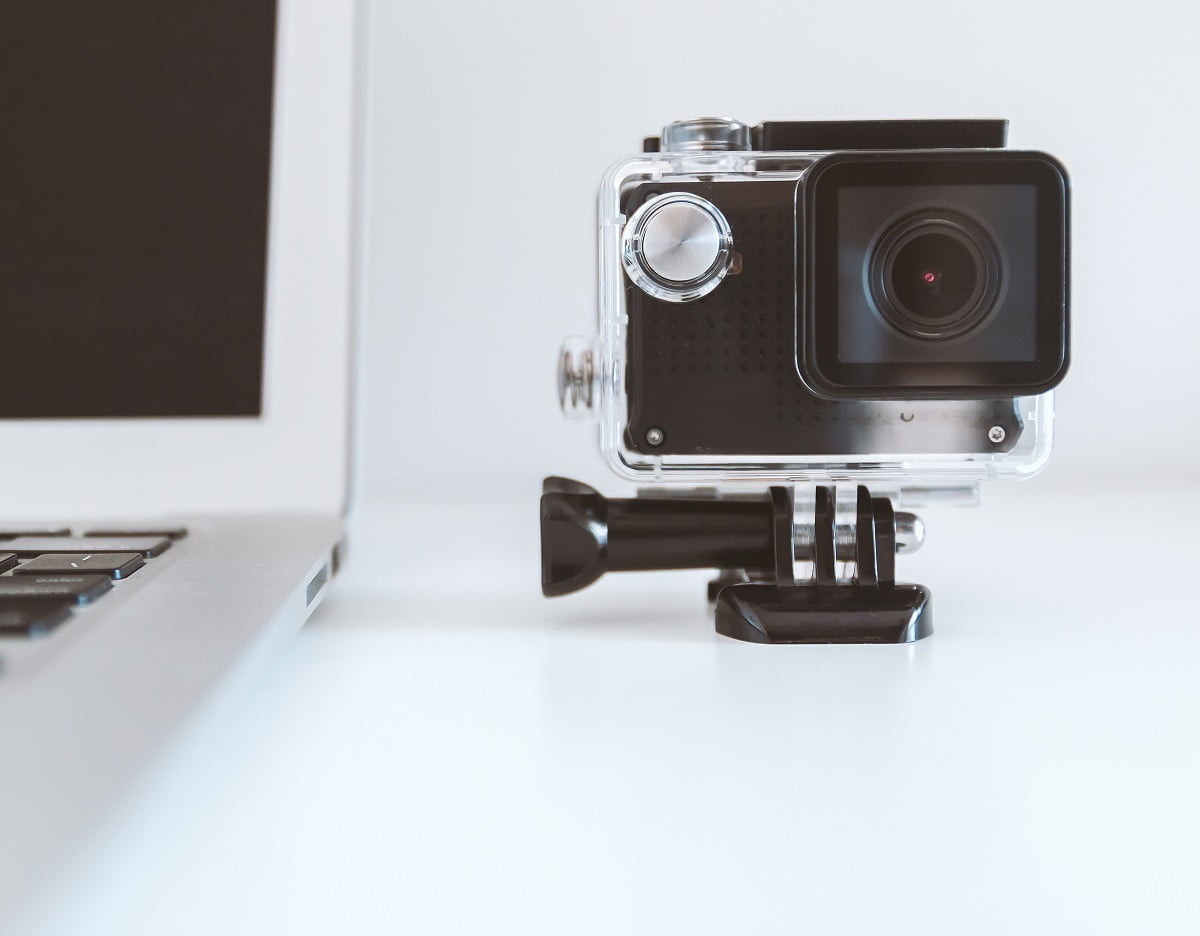The importance of learning British Sign Language

According to Action on Hearing Loss, more than 900,000 people in the UK are severely or profoundly deaf. Of those, approximately 24,000 people across the UK use British Sign Language (BSL) as their first language. However, this is probably an underestimate. Based on these figures, it would seem the obvious choice to offer BSL in schools and universities, so students can go on to become sign language interpreters to meet the demand. But this is not the case.
British Sign Language was only recognised as a language in its own right in 2003. With only just over 900 registered BSL interpreters in the UK, they’re extremely difficult to book at short notice. In fact, they need to be booked at least 4-6 weeks in advance. Therefore, they are rarely available for last-minute appointments or meetings.
It is often the case that the Deaf community has a significant lack of access to healthcare as there are not enough interpreters available to assist at medical appointments and hospital visits. Family members often have to accompany instead and try to interpret on their behalf. Or, where no one can accompany them, deaf people have to lipread and write down their responses.
It’s not just the lack of interpreters that is a problem. In a recent survey it was concluded that more than nine out of ten Brits do not know more than two words of BSL, so everyday communication in general with the Deaf community can be difficult. We take it for granted you can interact with a member of staff in a supermarket when you need help. Imagine if no-one could understand you. In addition, popular cultural activities such as music concerts and sporting events that the Hearing community take for granted are not always accessible to the Deaf community.
How can we change this?
In recent months, the media has reported on several instances of more being done to raise awareness of sign language. Some videos of people signing at concerts or comedian Ray Bradshaw signing his entire show at the Edinburgh Fringe last summer have gone viral. Developer Abhishek Singh created an app that enables Alexa to read signs. Some hospitals are also using apps to connect with interpreters remotely, although this is not ideal for more sensitive discussions.
Closer to home, at Welcome to Yorkshire’s Y19 conference at the Royal Armouries recently, we were also delighted to see they’d booked a sign language interpreter to sign the whole conference.
Welcome to Yorkshire’s Commercial Director Peter Dodd said:
“We are committed to making Welcome to Yorkshire events as inclusive as possible and for everyone to receive information about what’s going on in our wonderful county. The decision to include a sign language interpreter at Welcome to Yorkshire functions, ensures that any hearing-impaired guests can directly benefit visually from the experience.”
However, this is all just the beginning and much more needs to be done. All conferences and major events should be signed, so they’re accessible to those who are deaf or hard of hearing. Everyone should know enough basic sign language to hold a conversation with a deaf or hard of hearing person in everyday situations such as in a supermarket or at a train station.
In order to make this happen we need more funding for training programmes. Better still, we need sign language to become a compulsory part of the curriculum. It would open so many doors for students to learn sign language and for more of them to become interpreters. This would help with the huge shortage of sign language interpreters working today.
BSL and Andiamo!
At Andiamo! we believe that everyone should learn sign language from a young age to break down the language barrier and allow the Deaf community to access everything the Hearing community can access. The ideal time to learn is for a couple of years during primary school. Then pupils should have the option to continue it as a foreign language at high school if they wish. Even after school or lunchtime clubs with British Sign Language teachers would be an improvement. The aim is that no one will have to ‘make do’ with lipreading anymore. We should all be able to communicate with each other, so the Deaf community don’t feel like strangers in their own country. We’re also on the lookout for sign language courses so we can all start learning sign language at Andiamo! HQ!







